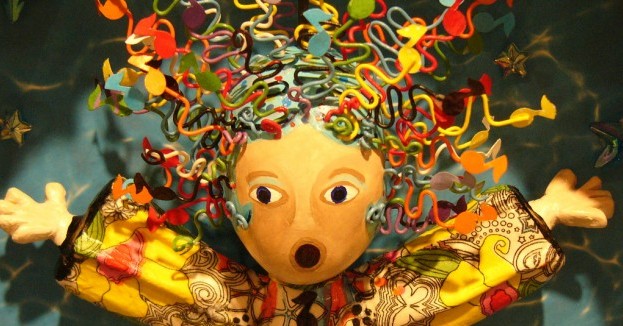 Tragic events can send any kid reeling. A completely normal reaction for any child is to feel fear, panic, loss of control or even terror at such situations. The stress of a traumatic event goes even deeper for a child who has anxiety issues, and a few cues can clue you in if your kid might be suffering on that deeper level.
Tragic events can send any kid reeling. A completely normal reaction for any child is to feel fear, panic, loss of control or even terror at such situations. The stress of a traumatic event goes even deeper for a child who has anxiety issues, and a few cues can clue you in if your kid might be suffering on that deeper level.
Anxiety Explained
Anxiety is fear, but it’s often a fear of something that has yet to happen or may never happen the future. Sure, many kids may become terrified that a shooting or other horrific event could occur at their school after one occurs elsewhere, but those fears might be quelled by talking it out and reviewing safety precautions the school has in place.
Anxious children, on the other hand, may find no solace in any logic or demonstration of safety since their fears and emotions can overtake their rational thinking. As KidsHealth.org points out:
“Anxiety mainly relates to worry about what might happen — worrying about things going wrong or feeling like you’re in some kind of danger.”
That danger can remain ever-present in a child’s mind even when no signs of danger are apparent in reality. Fear of a school shooting can add another layer to the already deep layers of fear a child harbors, making rational thought or even rational actions at time impossible.
Anxiety Symptoms
Not every kid can easily open up to discuss their fears, but children with anxiety may have an even tougher time explaining or being willing to explain the emotions they’re feeling. Rather than being vocalized, their fears can show up in their behaviors.
Kids suffering from anxiety disorders can exhibit symptoms linked to a particular disorder, or they may act out in general with disruptive behavior, bullying, refusal to attend school or participate in specific events, or obsessive or compulsive thoughts and actions.
They may suffer from physical symptoms, such as chronic headaches, stomach aches, tense or sore muscles and extreme tiredness or fatigue, KidsHealth.org says. Their anxiety may become so severe that become unable to function.
Extreme cases of anxiety can result in panic attacks, where a can is struck with intense and often sudden symptoms that include rapid heartbeat, dizziness or numbness, shortness of breath, and sweating. While panic attacks may seem to come out of nowhere for no apparent reason, they are usually caused by anxiety building on itself at a deep emotional level and can be triggered by situations or things that add one more building block of fear.
Ongoing stress and distress can be apparent by several symptoms pointed out by Anxiety and Depression Association of America:
- Difficulty sleeping
- Change in eating habits
- Clinginess
- Re-experiencing the event through nightmares, recollections, or play
- Avoidance anything reminiscent of the event
- Emotional numbing or lack of feeling about the event
- Jumpiness
- Persistent fears about another disaster
Tragedies can take a bit of time for any child or adult to digest, which means fear, sadness and other emotions can remain raw for some time. If the fear, sadness or emotions linger longer than several weeks, or your child is exhibiting changes in habits and behaviors long after a trauma has passed, you may want to address the possibility that something deeper is going on and provide the help your kid needs to feel safe and secure.
SOURCES:





